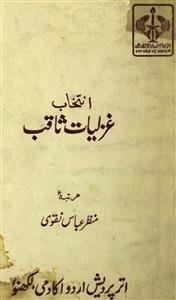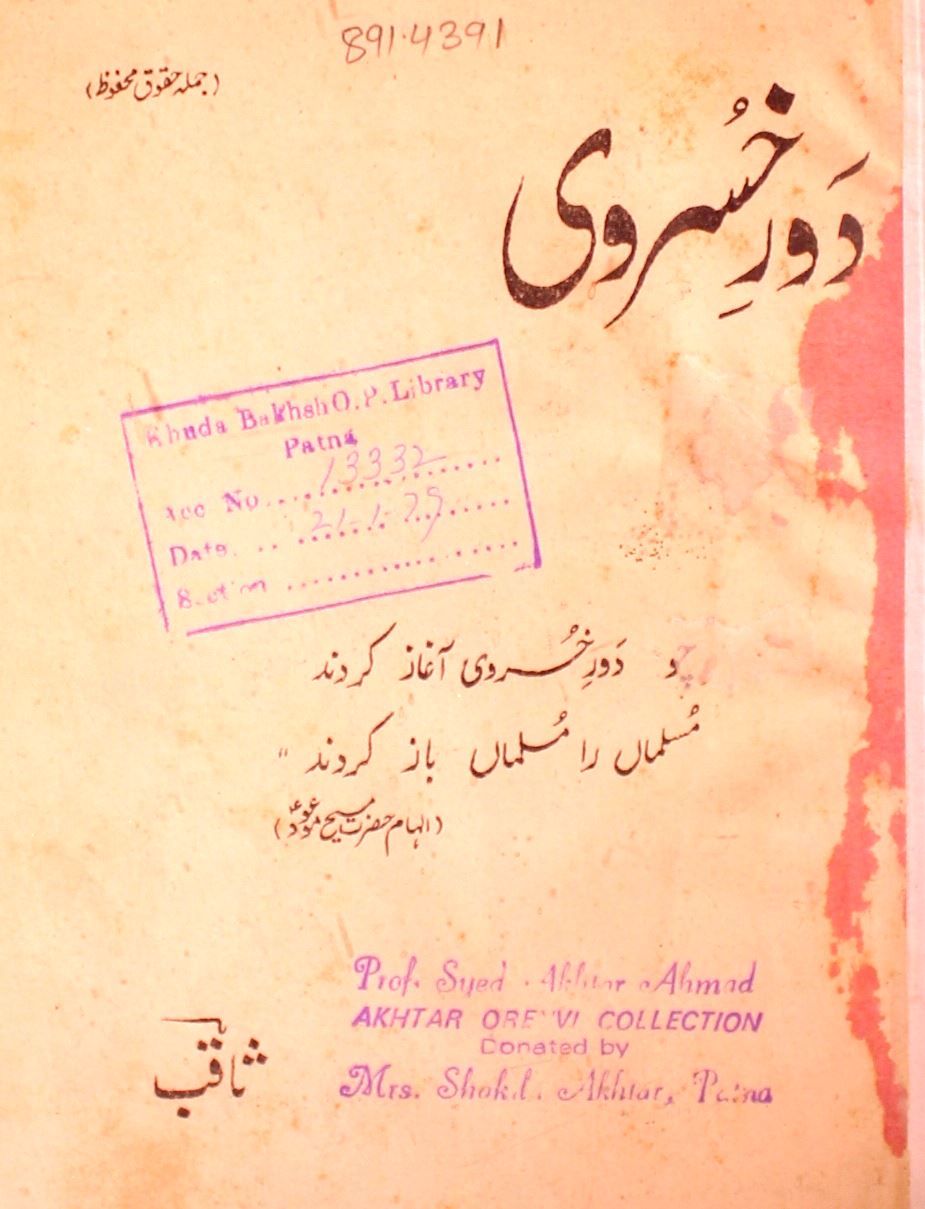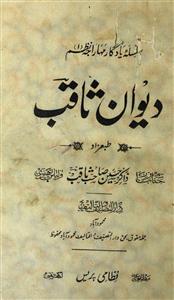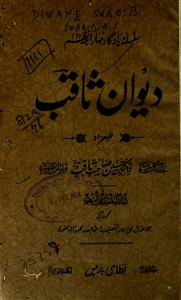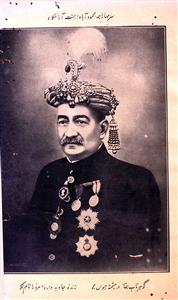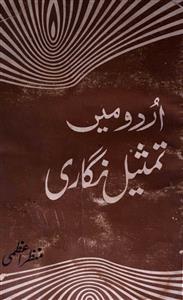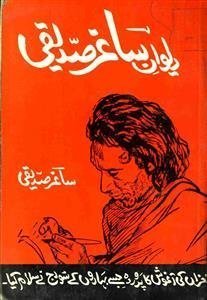 For any query/comment related to this ebook, please contact us at haidar.ali@rekhta.org
For any query/comment related to this ebook, please contact us at haidar.ali@rekhta.org
About The Author
Saqib was born on the morning of January 2, 1869. He was only six months old when for some reason his father left his residence in Agra and he and his family did not get any place to live in Lucknow and he moved to Allahabad. After living here for 15-16 years, he resigned from his job and took up the profession of lawyer in the state of Bhopal in 1897 and gained great fame. His son Saqib and his family were in Lucknow, and he returned to Lucknow at the end of his life and died on 26 August 1901. After the death of his father, all the responsibility of raising the family fell on Saqib. He was 32 at the time, and was himself married since 1891.
Saqib's early education took place in the traditional way. He was proficient in Arabic, Persian and Urdu and at the insistence of his father passed the entrance examination in English from St. John's College, Agra. There he met Safi Lucknow and Zaki Muradabadi. Both of them were experts in eloquence, and fine writers and essayists. When Saqib got their company, his poetic talents flourished. When he returned to Lucknow after completing his studies in Agra, he met Raja Amirabad (Sitapur District, UP) Muhammad Amir Hassan Khan Bahadur and in his appreciation entrusted all the literary affairs of the state to Saqib, at a Rs.50 bond every month. But prosperity did not arrive. He started some business in Lucknow in 1898 with the help of a Madrasa businessman but lost a lot. Upset, he moved to Calcutta in 1906. When he met the Iranian ambassador there, he saw Saqib's ability and appointed him as his special trustee. But Calcutta could not assuage this Agra-loving poet. Coincidentally, two years later, in 1908, Raja Mahmoodabad summoned him again and he returned to Lucknow. Leaving the comfortable life of Calcutta, he spent his life in this bond.
Saqib was born in a time of strife that was a time of political, cultural and social revolutions. Old values were breaking down and new life and new ideas were spreading in the country due to British domination. The literary centers of Delhi and Lucknow were scattered. Saqib took the small state of Mahmudabad and the grace of Raja Sahib as booty.
Saqib was a very simple-minded and well-mannered person, always avoiding praise and admiration. He wore very simple clothes and was probably always haunted by the idea of a quiet "home", so he wrote many poems on the ruin of the ‘bird’s nest’. Absorbed in thoughts, he was quite fond of Huqqa and if he did not get Huqqa, he would be content with cigarettes. Occasionally, he would eat betel leaves. He had very few sincere friends who could laugh at him. Saqib is a poet of degeneration. As the feeling of grief and deprivation is more prevalent in a declining society, his poems contain many bitter realities of life. His poetry is broken from ancient times to modern times. Fifty years had passed since Nasikh's death in Lucknow at that time. But the non-emotional color of his poetry and lyricism was on the minds of the people, so in some places there are poems of Saqib on such subjects which are probably meant to please the local people, otherwise their real color is of the same passion which was in their hearts and appeared in the form of poems. Due to Saqib's intensity of feeling, sharpness of imagination and delicacy of language, some of his ghazals have a prominent place in literature.
After reaching the age of 80, Saqib, whom the people were listening to with great interest, fell silent in 1949 while telling his stories of grief in the language of poetry. Mahmoodabad published his Diwan "Tajalli-e-Shahab-e-Saqib" in 1936.
 For any query/comment related to this ebook, please contact us at haidar.ali@rekhta.org
For any query/comment related to this ebook, please contact us at haidar.ali@rekhta.org
